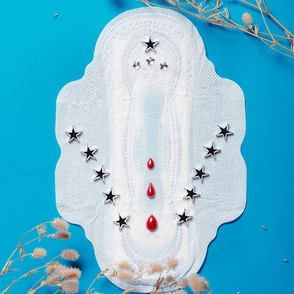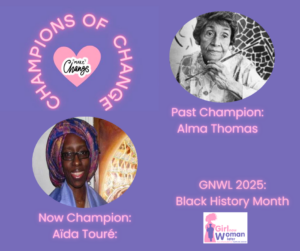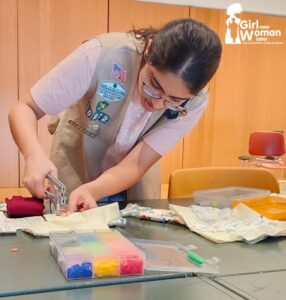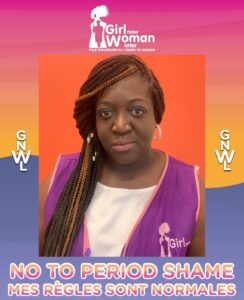In our last post, we discussed how one of Girl Now Woman Later’s goals is to help young girls in Burkina Faso manage their menstrual hygiene. In order to accomplish this, we must address the issue of period poverty, which refers to the inability to afford sanitary products that deal with menstrual bleeding. Without the necessary products, girls may be forced to stay at home instead of going to school, thus slowing down their educational progress. Fortunately, this issue is not going unnoticed. Across Africa, an increasing number of pioneering initiatives strive to provide girls with adequate sanitary products.
One way of combatting period poverty is by advocating for lower or no taxes on menstrual products. In addition, the following countries below are allocating funds for free sanitary pads, holding pad drives, and holding menstruation workshops.
South Africa
In South Africa, activists, female members of the parliament, and the student-organized #BecauseWeBleed movement demanded that the government abolish its tax on sanitary products. In 2019, they succeeded. The Minister of Finance declared that the government would lift the tax as well as distribute free sanitary pads in public schools.
In South Africa, the Siyasizana Foundation holds annual pad drives to hand out free sanitary products. In addition to providing products, NGOs are also working to break the stigma around menstruation. QRate, a South African NGO headed by Menstrual Activist Candice Chirwa, organizes menstruation workshops for both boys and girls. During these workshops, both boys and girls discuss menstrual health. Thus, by including boys, QRate aspires to break the gender barrier. ZanaAfrica, Siyasizana, and QRate are making strides in breaking the taboo around menstrual hygiene and creating effective solutions against period poverty.
Kenya
In Kenya, a combination of forces within the government and local activists helped make the country an international leader for its policies regarding sanitary products. Kenya repealed its tax on menstrual hygiene products in 2004. In 2011, the government allocated a few million dollars for distributing sanitary pads in public schools.
While government efforts can significantly help alleviate period poverty, it still is far from enough. Thus, local NGOs are critical as they provide on-the-ground efforts that directly target those experiencing period poverty. Among them is ZanaAfrica Foundation, a Kenyan organization that educates girls on menstrual hygiene and provides them with sanitary products.
Phoebe, Lu
This article/ blog post is Part 1 of a 2-part series. Please also read Part 2: Innovative Approaches to Period Poverty in Africa






